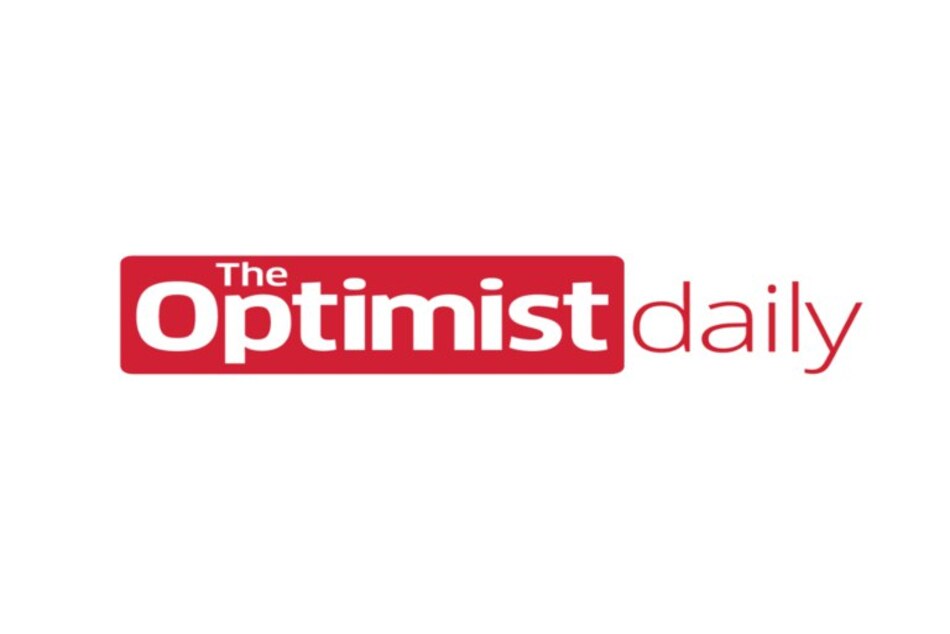Back in August, with Covid-19 cases on the rise and tenants across the city struggling financially, the city of Philadelphia decided to take an unconventional approach to solve a housing crisis with their Eviction Diversion Program.
With the new program, landlords are required to attend a mediation session with tenants before filing for evictions in court. These sessions, overseen by program manager Sue Wasserkrug, help bridge the divide between tenants and landlords and reach a compromise that works for both parties. The mediation sessions also foster empathy and understanding for a more cohesive relationship moving forwards.
The program was actually first conceived in 2008 when the housing crisis increased foreclosures in the city by 200 percent. In response to the crisis, the city created a mortgage foreclosure diversion program that facilitated mediations between homeowners and lenders that saved over 16,000 homes from foreclosure.
In 2019, Philadelphia piloted a similar program, but for renters, with the help of the Good Shepherd Mediation Program. These trial runs prepared the city perfectly for the wave of evictions during the pandemic.
To participate in the mandatory program, landlords submit an application for mediation and are matched with one of the city’s 70 contracted mediators. The legal intricacies are reviewed with the help of the Philadelphia Legal Assistance staff.
Janaya Lewinski, a city mediator, says she aims to glean as much detail as possible about the housing situation before sitting down with both parties. She’s looking for information about lapsed maintenance, details about a tenant’s financial struggles, and potential areas for compromise. In one instance, the renter and owner came to the agreement that the tenant would make her best effort to pay missed rent on an agreed-upon timeline if the landlord replaced her malfunctioning refrigerator.
As of January 2021, the city has received 1,120 completed applications for mediation. Of the 463 conducted mediations, 317 reached an agreement and 103 agreed on a different outcome, such as the tenant deciding to move out.
During the pandemic, the mediation program, as well as an eviction moratorium and Covid-19 rental assistance program, have been crucial for keeping vulnerable residents housed. City officials hope that the program will continue to be beneficial, even after the pandemic, in improving relationships between tenants and landlords by providing a structured and safe setting for open communication.












